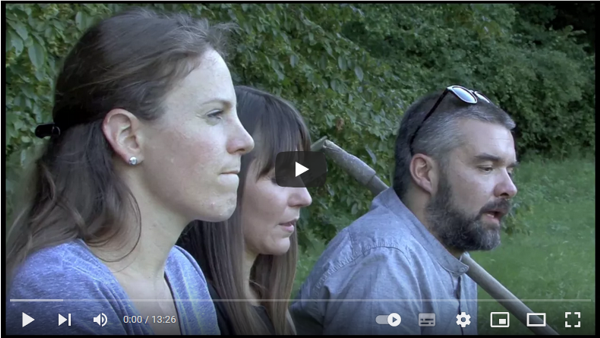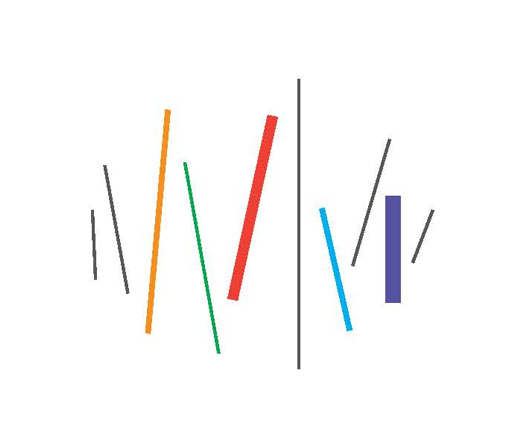Competitive research projects
New Paradigms in Sustainability Research: Green Economy and the Well-being of Youth
About project
Project basics
- Project leader: Institute for Social Research in Zagreb – Centre for Research in Social Inequalities and Sustainability (CRiSIS)
- Financed by: The project is co-funded by the European Union through the European Social Fund.
- Total budget of the action: 1.463.306,95 HRK
- Project duration: 29th June, 2015 – 28th September, 2016
Film “Green Economy”

Project description
Why this research?
The beginning of the 21st century has been marked by a number of important events that point to the limits of availability of natural systems to support human activities. For instance, food and energy prices have experienced shocks, while in many areas on the planet high temperatures, droughts, floods and other extreme weather events have been affected livelihoods. Due to climate change, there are more and more damages to lives and infrastructures, which is why in many countries there is continuous concern about the continuity of global economic and human development. This is especially accentuated following the global energy and food crises and the financial crisis of 2008. The global scientific community warns us on daily basis that the global society is in danger of exceeding the planetary and the environmental limits. States today are seeking efficient ways of sheltering their societies from these interrelated crises, while at the same time taking into account environmental constraints. In this light, green economy is recommended as a tool that can speed up restoration of national development policies, international cooperation and support of sustainable development in many regions of the globe.
What are green economies?
UNEP (United Nations Environment Programme) defines green economy as the one that results in „improved human well-being and social equity, while significantly reducing environmental risks and ecological scarcities“. Simply put, green economy is low-carbon, resource-efficient and socially inclusive economic activity.
Why are green economies important?
The development of green economy, i.e. the economy that is ecologically and socially sustainable, has become a political and a socio-economic imperative. Key actors consider the need to reduce carbon-dioxide emission with the aim of mitigating the worst impacts of climate change, over-exploitation of natural resources and widespread environmental degradation, as an imperative of economic activity sustain global societies in the 21st century. The transition to green economy nonetheless represents a significant challenge for any society, especially in the current era of rapid socio-economic change and materially intensive drivers of economic growth.
What we will do through this project?
The project aims to research the hitherto under-considered potential of green economy to contribute to improvement of overall quality of life and well-being of youth in Croatia. The intention is to explore the best practices in green economy that contribute to better life quality and general well-being of employees and communities they operate in, as well integrate in the overall holistic vision of sustainability. Through specific research objectives, we will examine at national and local levels:
- Examples of green economy implementation in small and medium enterprises;
- Green economy practitioners in the Local Action Groups (LAGs) and smallholder farms (OPGs).
At individual level the project will examine:
- Personal well-being, motivational tendencies and the quality of life of young people engaged in green economy by their own intrinsic motivation and who have thus devised strategies of appropriate economic activity;
- Assessment of green economy potentials by Croatian citizen, on a representative sample of the national population.
The target group of the project are the 4 young researchers – experts to be skilled in development and implementation of the interdisciplinary research methods and understanding of the role of sustainability transition within a semiperipheral European society, such as Croatia embodies.
There are two aspects of the long-term impact of the project: the acquisition of new competencies and knowledge of the young researchers linked to experienced social research institutions; and the acquisition of new knowledge in the field of sustainability (applying cognitive and applied anthropology theories and emic approach for the first time) within the framework of sociological research of green economy and well-being.
Logo

